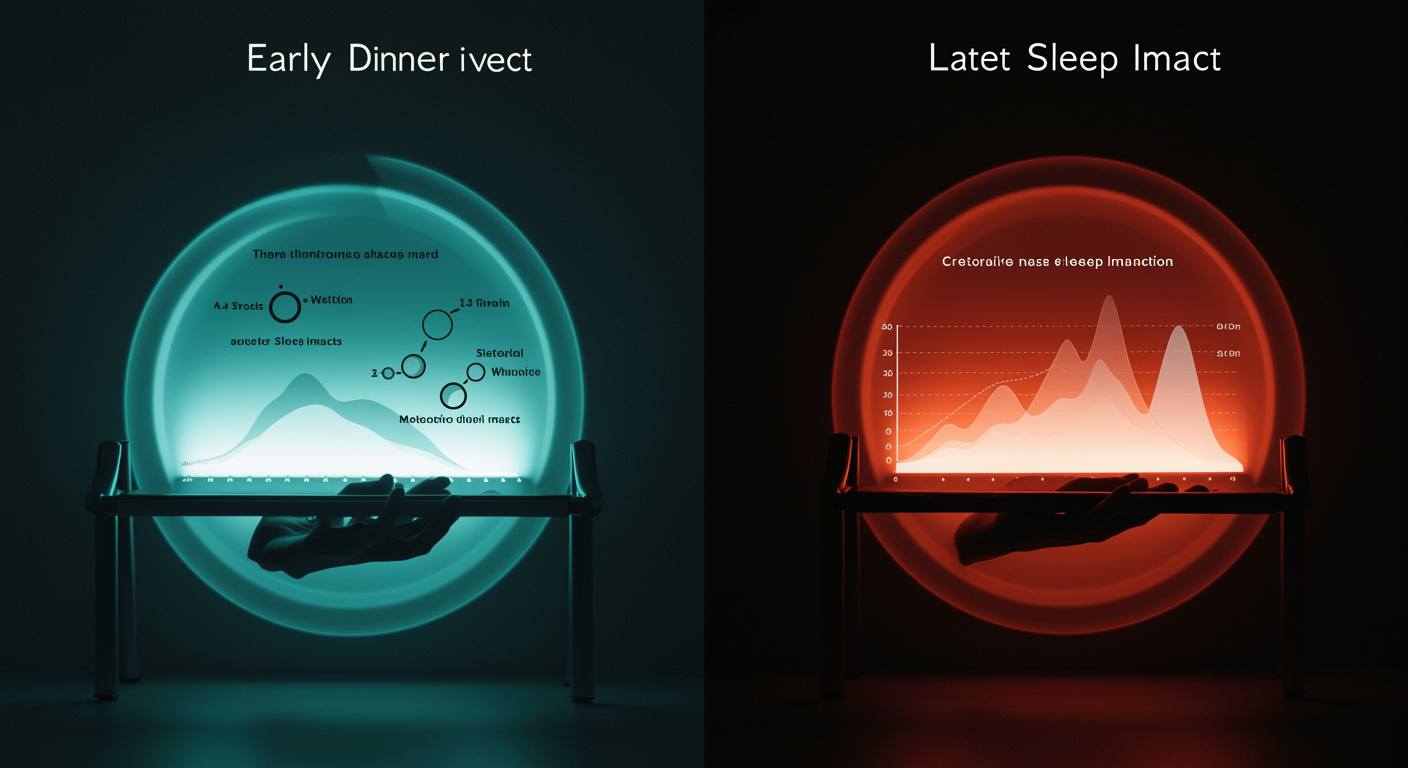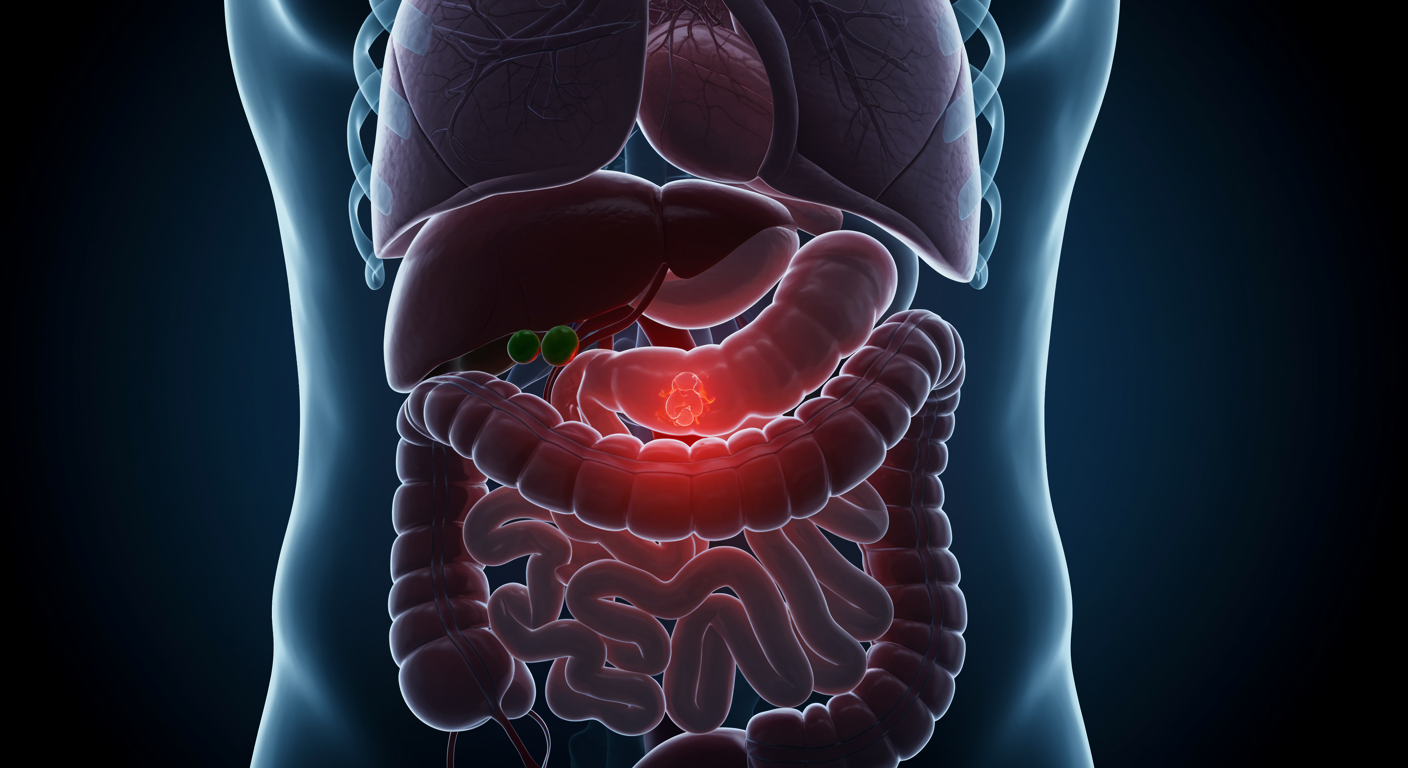High-Glycemic Carbohydrate Meals Shorten Sleep Onset Time
Can Eating High-Glycemic Carbohydrates Help You Fall Asleep Faster?
Yes, research shows that consuming high-glycemic index carbohydrates 4 hours before bedtime significantly shortens sleep onset time compared to low-glycemic meals. Studies demonstrate that high-GI carbohydrates can reduce the time to fall asleep by 35-50%, with participants falling asleep in an average of 9 minutes after high-GI meals versus 18 minutes after low-GI meals. The sleep-promoting effects appear to be mediated through increased tryptophan availability and serotonin production, which enhance the natural sleep initiation processes.



